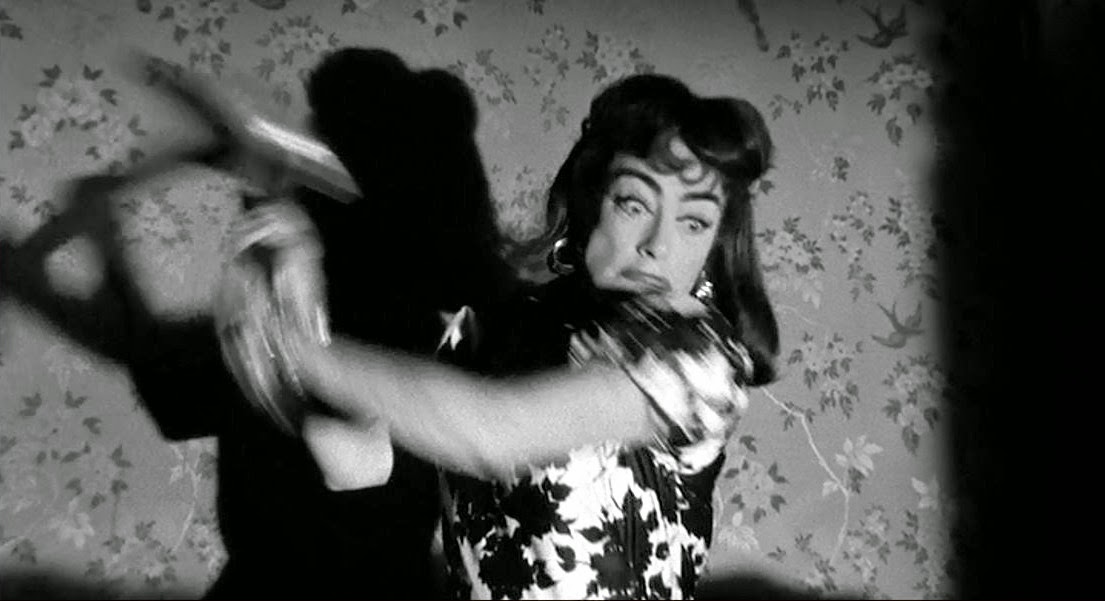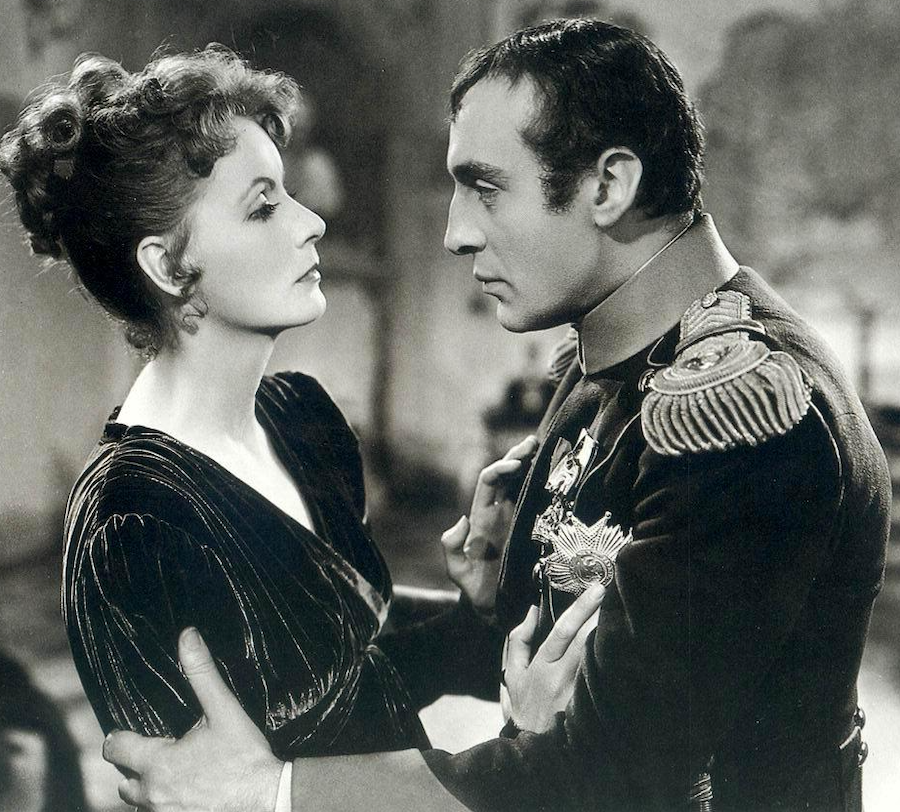"The bonuses here are George Kennedy as a farmhand foreshadowing by 22 years Billy Bob Thornton in 1996's Swing Blade ("I like them French fried potaters."), all the Pepsi placement, and Lee Majors in pre-Six Million Dollar Man mode, along with his very hairy chest, fluffily rising and falling just before the axe falls."
Tag: Leif Erickson
Home
Leif Erickson
Post
05-Apr-1925-Feb-26Around the World, Cinemagic, Classic Cinema, Entertain Me, France, Greed, History, Hubris, Movie Night, Movies, Poland, Politics, Society, TCM, Touchy Feely
Movie Night: Conquest
"The film itself is fairly representative of the period and shows how far ahead of her time Garbo was ... that she could shine in spite of rather stilted dialogue, in a non-native language shows just how great an actor she was at the height of her career. It wasn't bad, and I might have another look under certain conditions, but I probably wouldn't buy it for the DVD collection, unless Criterion gets hold of it."


